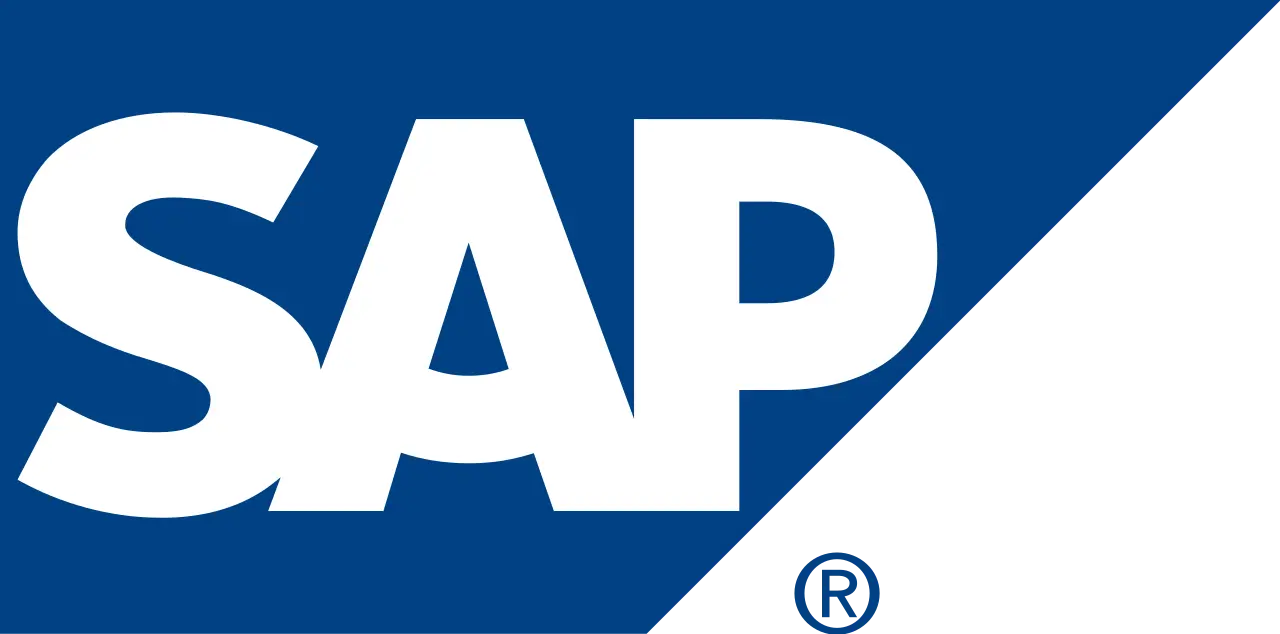Enterprise Tech Partnership,
Startup Studio - MVP
Development,
Turnkey IT Solutions & Tech Resourcing
Your Go To Tech Partner, Empowering Startups and Enterprises to Build, Scale, and Innovate with Confidence. Partnering Closely with Teams to Co-Create MVPs, Optimize Systems & Accelerate Growth. Bringing Ideas to Life.
.gif)
Your Technology Partner
CDP360 Technologies Pvt. Ltd.
We are a young, dynamic and motivated team of 50+ members building turnkey IT solutions for web and mobility applications. The accent is on the customer as we always sync our efforts with customers' project vision. The "will-above-skill" mantra is our driving force, helping us navigate any kind of tech challenges in order to deliver the best and optimal results to customers. We have a track record of delivering multiple turnkey projects to customers across diverse business verticals.
65+
Happy Customers
85+
Successful Projects
60+
Strong IT Techies

As Tech partners, we offer an array of services enabling
enterprises in its successful digital transformation projects.















